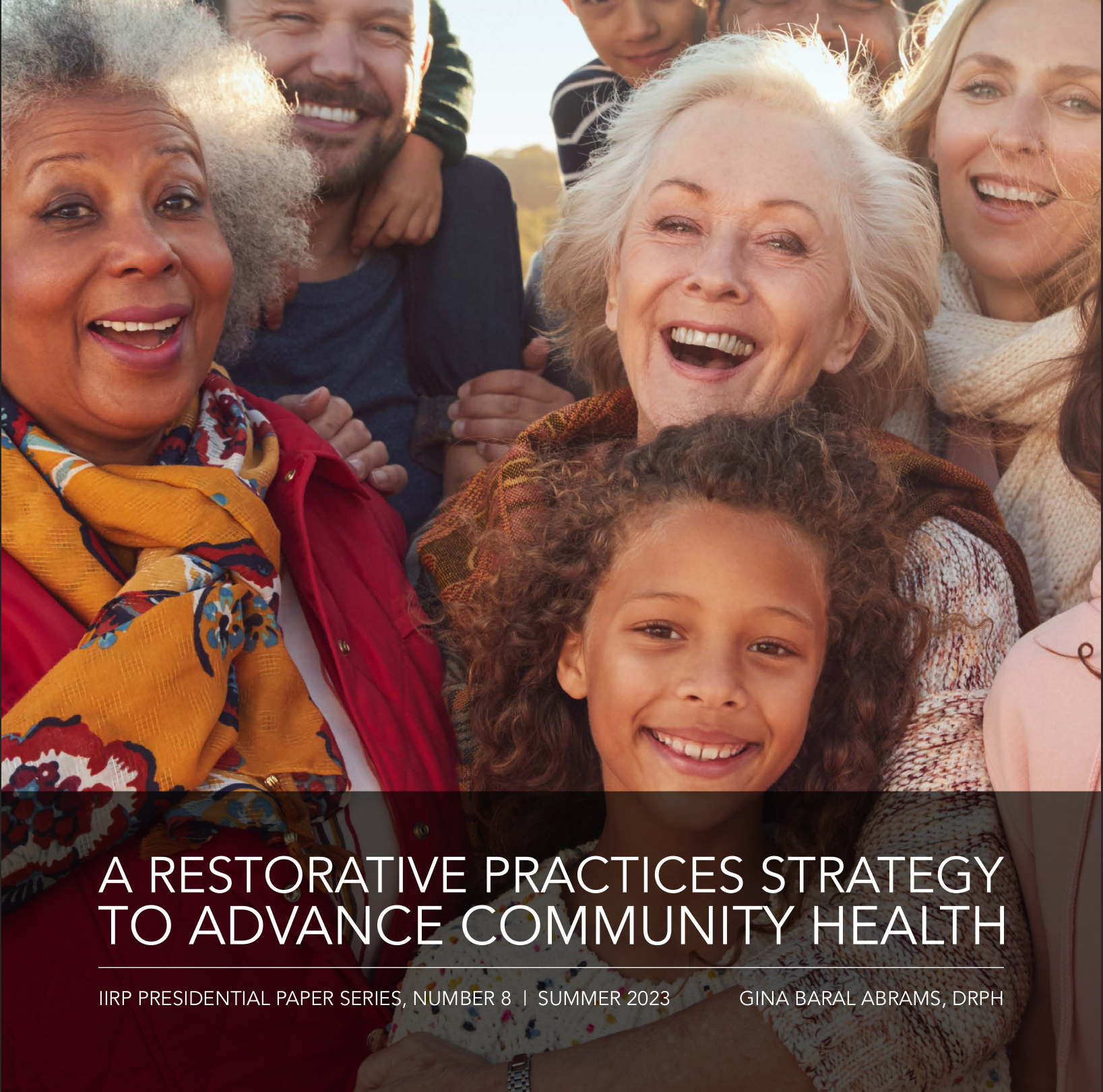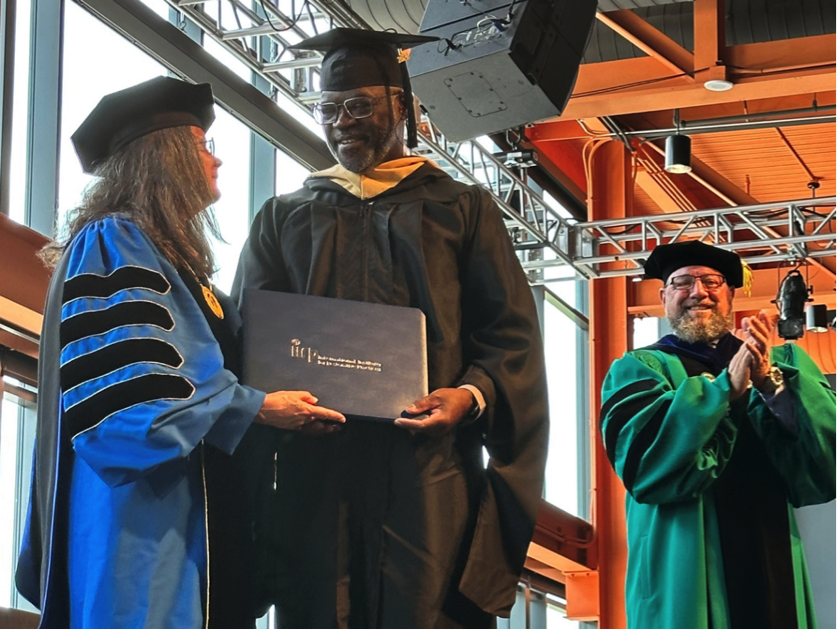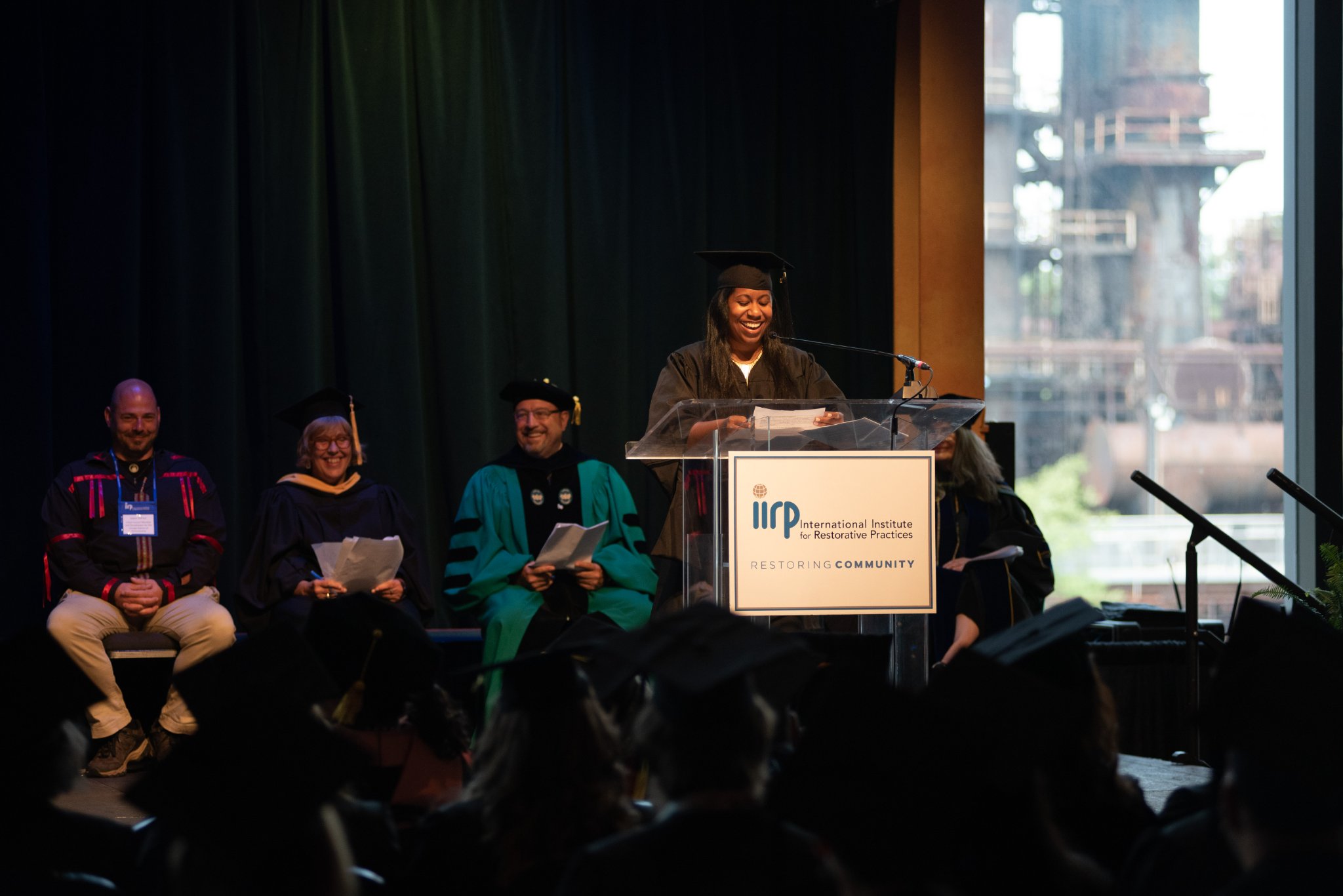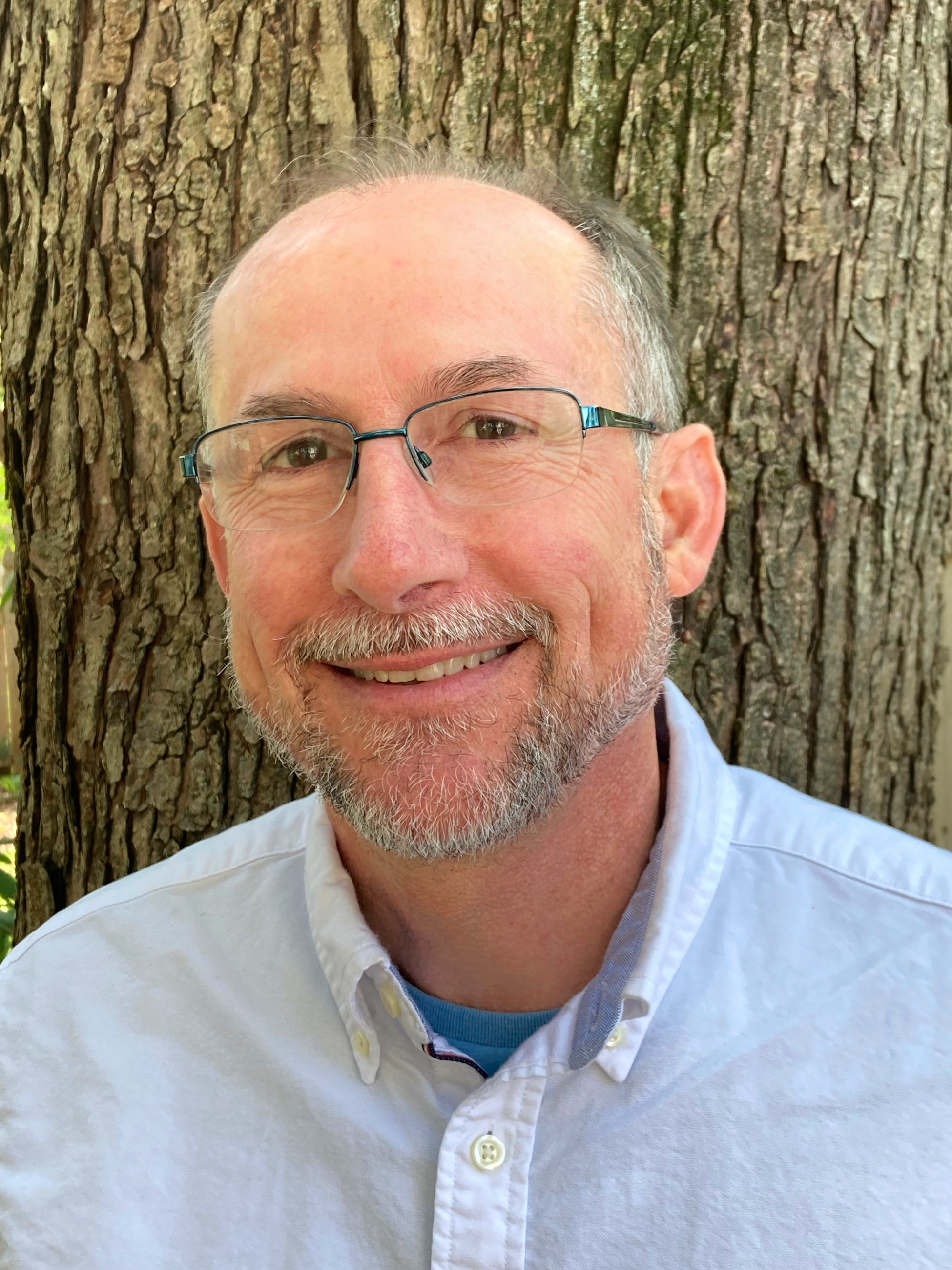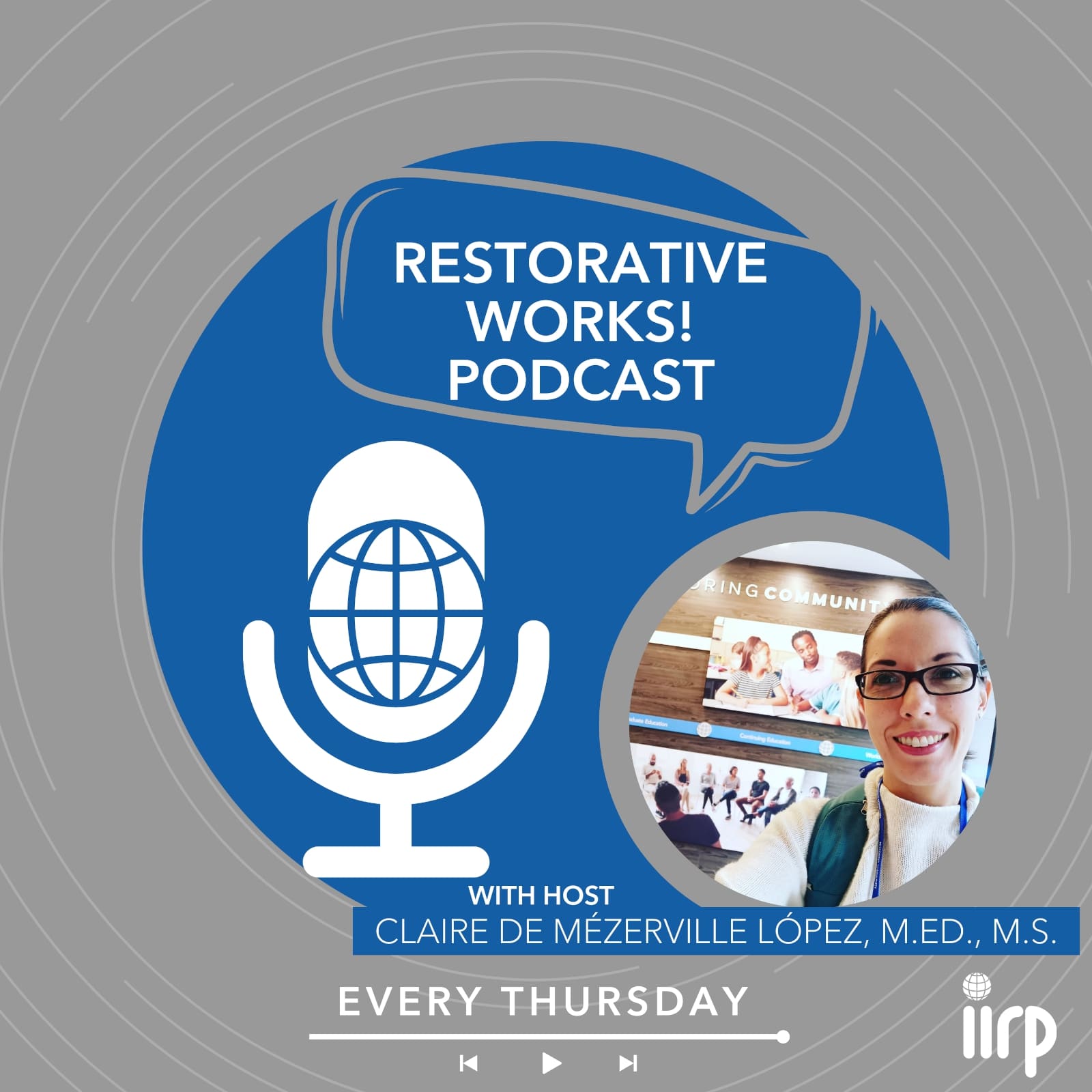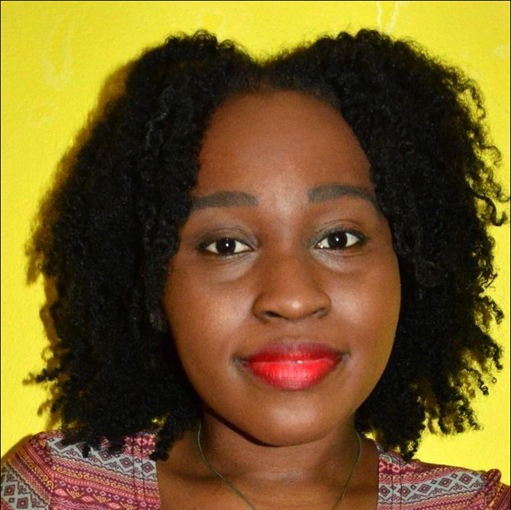News & Announcements
- Details
- Written by Kristin Oakley
Building Global Restorative Curricula
Alistair Goold is a high school social science teacher and Grade 11 (G11) Leader at the International School of Kenya. He teaches the International Baccalaureate Diploma Program (Global Politics and Theory of Knowledge) to G11 and G12, as well as social sciences to G10. Currently enrolled in the IIRP Graduate School, he is no stranger to restorative practices and has brought this work into his teaching roles around the world.
- Details
- Written by Kristin Oakley
Creating Community with Public Art
Current IIRP graduate student, Joseph Iacona, is Senior Manager of the Mural Arts Institute at Mural Arts Philadelphia. In this role, he works with artists, arts administrators, and community leaders across the world to align knowledge, amplify voices, empower change, and distribute resources designed to create a more inclusive and equitable future for socially engaged public art. At its core, his role is about building connections, sharing skills, and sustaining relationships. This work creates space for reflection and critical questions that inspire change and lead artists and art organizations to center their communities in how they approach their work. In this role, he works with artists, arts administrators, and community leaders across the world to align knowledge, amplify voices, empower change, and distribute resources designed to create a more inclusive and equitable future for socially engaged public art.
- Details
- Written by Kristin Oakley
The IIRP is proud to introduce six new members to our Board of Trustees in 2023. The IIRP Board of Trustees are holders of the organizational trust and mission. Our trustees bring many different perspectives and experiences from fields such as law, higher education, faith, public education, private foundations, government relations, management, and child welfare, which mirror the numerous arenas where restorative practices are being implemented.
- Details
- Written by Margaret Murray
The IIRP Graduate School announces the latest issue in the Presidential Paper Series. A Restorative Practices Strategy to Advance Community Health is written by Dr. Gina Baral Abrams, Associate Professor and Director of Research and Program Evaluation.
In this paper, the evolution of the community health field is traced, leading up to the recent U.S. Surgeon General’s report, Our Epidemic of Loneliness and Isolation. The author suggests that, in addition to the work that has been done to identify key factors and dynamics, it is necessary to focus explicitly on how we strengthen relationships and community. Integrating principles from the social-ecological model, a new model is presented to describe how restorative practices can be used to advance community health goals.
- Details
- Written by Kristin Oakley
The IIRP is seeking a Provost experienced in developing robust educational programs, knowledgeable of restorative practices, committed to diversity, equity, and inclusion, and excited to work with us to expand our graduate curriculum.
- Details
- Written by Kristin Oakley
We are living in a world filled with words that divide; some are blatantly inflammatory, while others are far more subtle. What gives hope living amidst wars, disasters, and violence are the people who use words to remind us of our shared humanity. Restorative practitioners choose words that seek nuance, facilitate empathy, articulate common ground, and prompt creative solutions.
- Details
- Written by Kristin Oakley
Living Restorative Practices and Supporting Communities
Current student Jonathan Shenk is serving his community as a small business owner and a Presbyterian minister. His education at the IIRP is helping inform his practices in both roles, which he will continue to develop and carry out after graduation. Through creating a sense of belonging for his employees and providing opportunities for new entrepreneurs, Jonathan embodies the principles of living restoratively each day.
- Details
- Written by Kristin Oakley
The IIRP Graduate School is excited to announce the debut of our Restorative Works! podcast, hosted by Claire de Mézerville López, M.Ed., M.S..
Claire is a licensed psychologist from UCR (Universidad de Costa Rica). She holds a Master in Education with an emphasis on cognitive development from ITESM (Instituto Tecnológico de Estudios Superiores de Monterrey, México). She also earned a Master of Science in Restorative Practices from the IIRP Graduate School. She is an associate professor at Universidad de Costa Rica, and has experience as a therapist, researcher, and consultant. Claire has published papers on adolescence, restorative practices, resilience and educational psychology.
- Details
- Written by Kristin Oakley
The IIRP Graduate School announces the latest issue in the Presidential Paper Series. Creating Cultural Change in Education: Implementation Science and Human Capital Theory is written by Keith Hickman, Vice President of Partnerships.
Using a decade of experience implementing restorative practices into K–12 through the Whole-School Change Program, combined with research from Johns Hopkins and RAND, Keith argues that two additional resources could be used to improve results. Implementation science can ensure that the program is enacted with fidelity and a human capital framework can maximize resources and provide sustainability. He explains how their use could result in co-created strategic plans, additional identified resources, data monitoring, and evaluation.
- Details
- Written by Kristin Oakley
Turning Passion into Global Impact
Roshelle Sparman-Small, current IIRP student and Impact Scholar recipient, has seen first-hand the inequities that exist in many poorer areas of the world when it comes to understanding and navigating legal systems. As an attorney admitted to the bars of Guyana and Barbados and co-founder/co-owner of Sparman and Small Virtual Advice Service, a pioneering an online startup law-tech firm, she is actively seeking to change that.
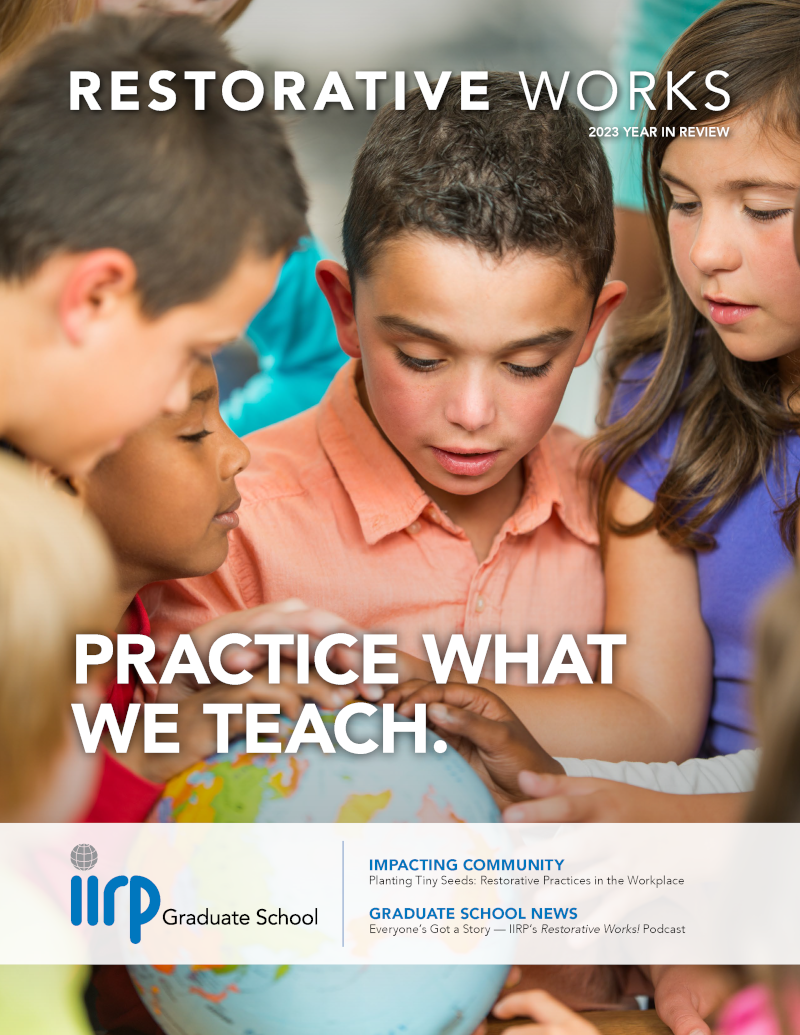
Restorative Works Year in Review 2023 (PDF)
All our donors are acknowledged annually in Restorative Works.
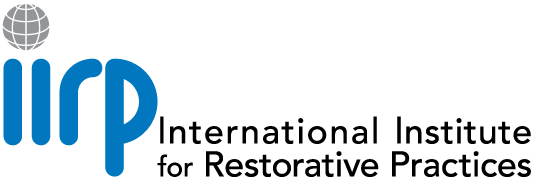
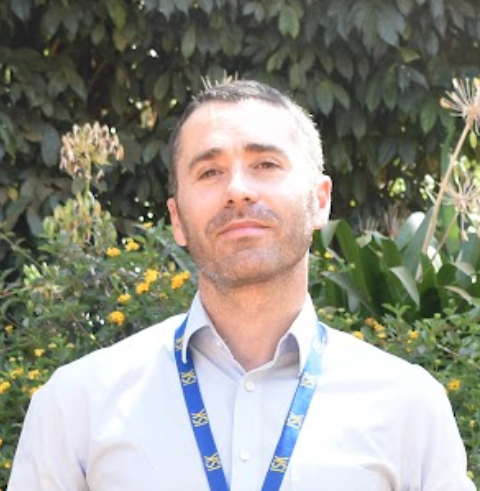
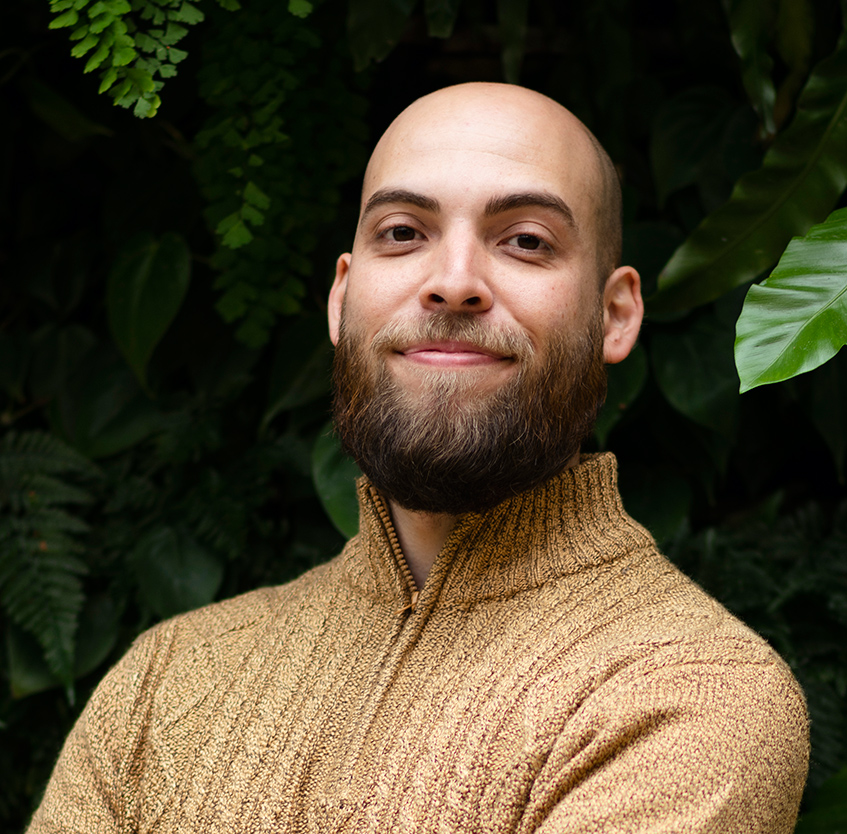
.png)
